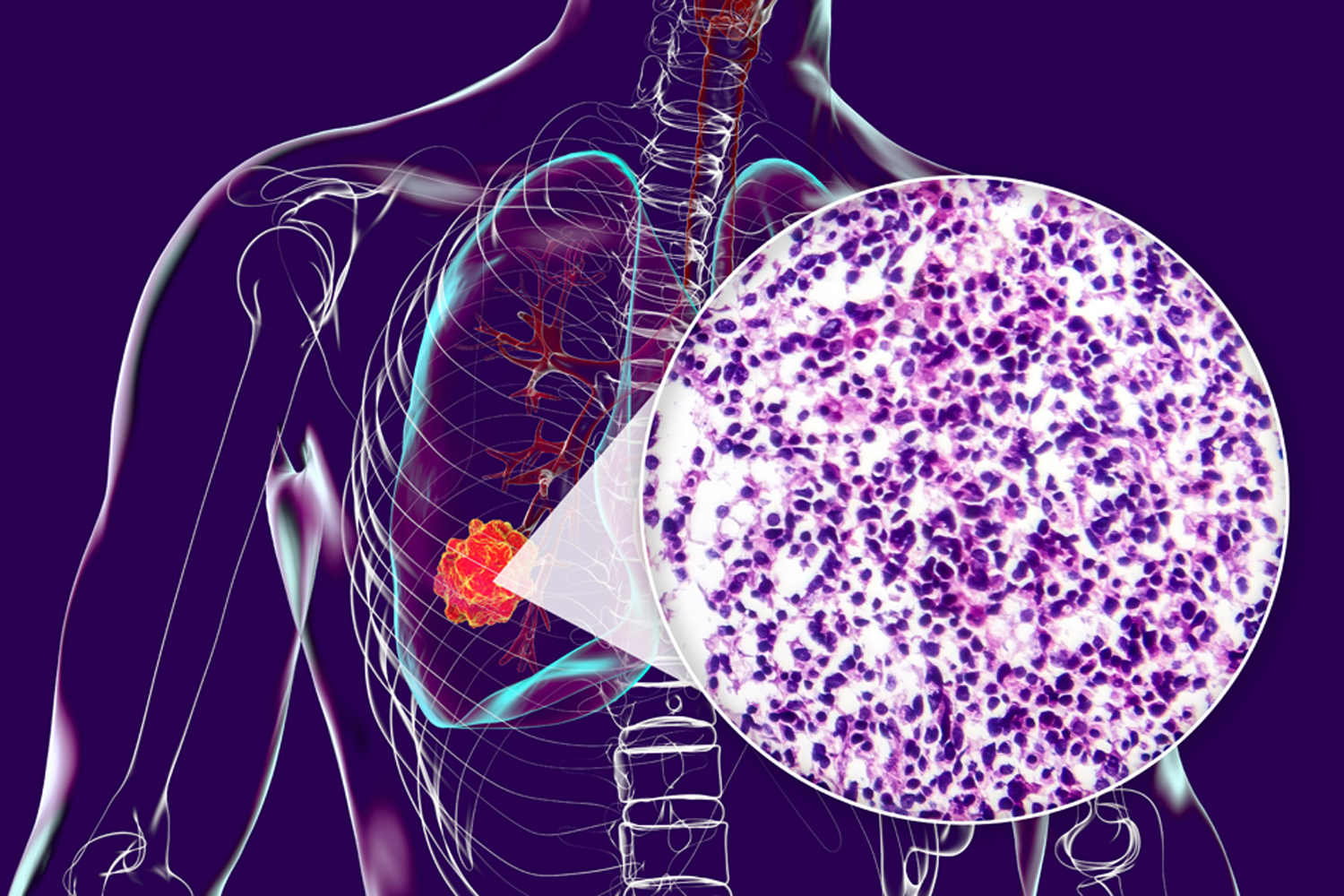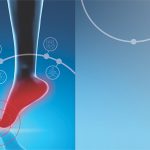-
Forward Look
CDK4/6 Inhibitors in Early-stage Breast CancerA mainstay of treatment for metastatic breast cancer, CDK4/6 inhibitors are moving into early-stage treatment.
by Darcy Lewis
-
Forward Look
Is Immunotherapy Safe in People With HIV?Study supports the use of immune checkpoint inhibitors in an understudied population.
by Carolyn Bernhardt
-
Controlling Peripheral Neuropathy
Researchers are looking at ways to lessen and even prevent the debilitating chemotherapy-related side effect that causes numbness and pain in the hands and feet.
by Cameron Walker
-
Moving the Needle on Metastatic Breast Cancer
Metastatic breast cancer remains incurable, but researchers’ understanding of the molecular features of the disease is leading to additional treatments.
by Erin O’Donnell
-
Facts and Stats
Cancer’s Economic ImpactBetween 2020 and 2050, cancer is expected to cost the global economy $25 trillion.
by Thomas Celona
-
Addressing Social Determinants of Health
Speakers at SABCS discuss measuring and meeting social factors that affect the health and outcomes of breast cancer patients.
by Kevin McLaughlin
-
Finding Answers in Prostate Cancer
PSMA PET imaging is helping clinicians more accurately stage prostate cancer and provide precision treatment.
by Sandra Gordon
-
Is Chemo-free Treatment Coming for HER2-positive Breast Cancer?
Evidence grows that some people with HER2-positive breast cancer may do well on HER2-targeted therapy alone.
by Myles Starr
-
Germline Genetic Testing Lags Behind Guidelines
Low rates of germline genetic testing in cancer patients means information that could affect treatment isn’t available.
by Jon Kelvey
-
Increasing Diversity in Clinical Trials
Researchers share approaches for improving participation among underrepresented groups at AACR conference.
by Thomas Celona
Cancer Talk
Treatment Combination Improves Survival in EGFR-positive Lung Cancer
Adding chemotherapy to targeted therapy improves outcomes for people with advanced EGFR-positive non-small cell lung cancer.
by Sandra Gordon
Lessons From 20 Years Living With CancerMultiple myeloma survivor Jonathan Gluck reflects on uncertainty, and the scientific progress that has kept him living with cancer for more than two decades.
by Eric Fitzsimmons
The Enduring Importance of Cancer Disparities ResearchOpening session from AACR conference highlights how perseverance and adversity have informed cancer disparities research over the years.
by Eric Fitzsimmons
Most Cancer Survivors Don’t Meet Healthy Diet GoalsDespite research linking fruits and vegetables to cancer survival, many people do not change their eating habits after diagnosis.
by Darlene Dobkowski















